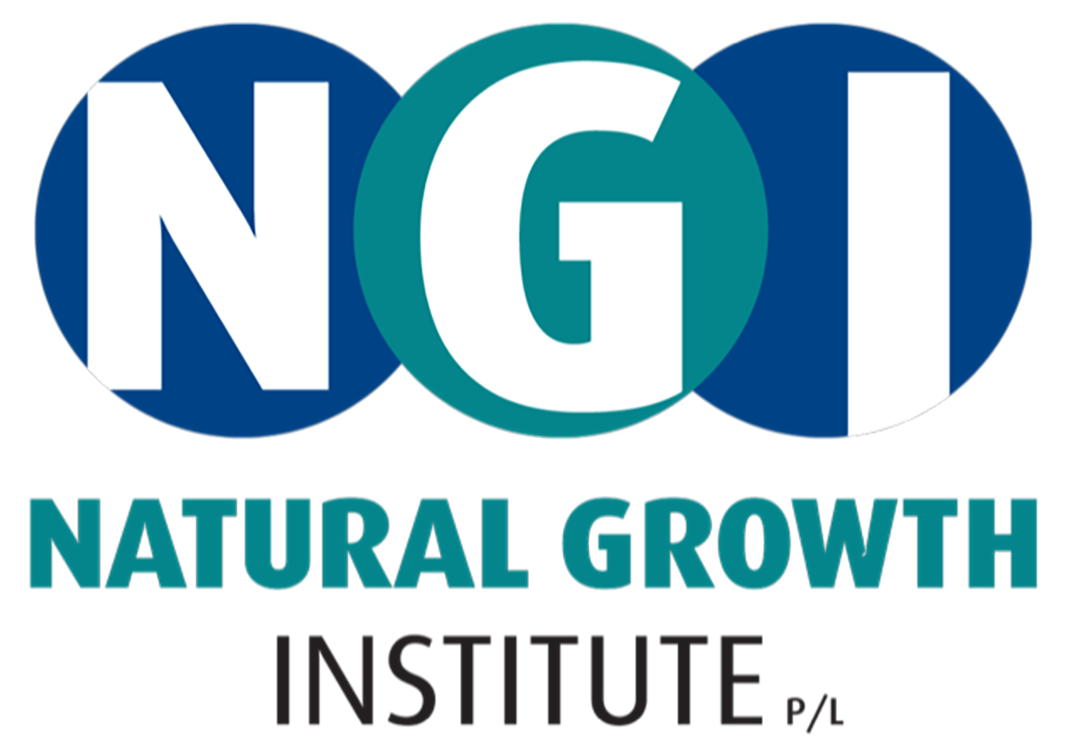What are the Benefits of Selenium in Animals?
Share
Selenium (Se), is essential for the health of practically all animals (& human kind!). Without sufficient selenium levels in the diets of our animals, they cannot thrive, nor survive for that matter. (Same for us) that help to make DNA, protect against cell damage, infections and helps improve fertility.
Selenium is an essential component of various enzymes and proteins, playing crucial roles in various physiological functions such as helping make DNA, protecting against cell damage, infections and helps improve fertility. Some of the effects of selenium on animals include:

- Antioxidant Defence: Selenium is a component of selenoproteins, which act as antioxidants, helping to protect cells from damage caused by free radicals and oxidative stress.
- Immune Function: Selenium plays a vital role in supporting the immune system, helping animals fight off infections and diseases more effectively.
- Reproduction: Selenium is important for reproductive health in animals, including sperm motility and viability in males and fertility and pregnancy outcomes in females.
- Thyroid Function: Selenium is required for the synthesis and metabolism of thyroid hormones, which regulate metabolism, growth, and development in animals.
- Muscle Function: Selenium contributes to muscle health and function, helping animals maintain strength, endurance, and proper muscle contraction.
- Growth and Development: Selenium is essential for normal growth and development in animals, particularly during early life stages.
- Prevention of Diseases: Adequate selenium levels can help prevent certain diseases in animals, such as white muscle disease in livestock and nutritional myopathy in horses. Extensive experimental studies suggest it might even help prevent cancer in animals.
However, it's important to note that selenium can be toxic to animals at high levels, leading to selenium toxicity or selenosis. Therefore, it's essential to provide animals with selenium supplementation within recommended levels to avoid adverse effects.

Even though Selenium is found naturally in foods, the challenge is most...
- pastures,
- hay,
- chaff,
- grains and;
- processed feeds ...
... are often deficient in Selenium!
This challenge is exacerbated in Australia due to widespread selenium-deficient soils - a big problem here!

Source: ResearchGate
In addition, the vitamin content of hay decreases rapidly after harvesting and therefore supplying additional vitamins is essential for animals like horses where hay is the sole forage source.

When it comes to cats and dogs nutritional recommendations for Selenium content in commercial foods exist but they do not differ between types of food, such as kibble versus canned food.
Home-made diets have lower content of selenium than commercial food, but selenium may have greater bioavailability from raw products than processed ones.
Selvita contains premium-grade Selenium Colloid and Selenium Methionine. Whilst this is expensive, we figure best to give your animals, the best chance to thrive! When combined with vitamin E (included in Selvita), selenium has antioxidant properties that help protect cells from damage.
As Selvita is derived from whole fish, the omega 3 & 6 oil content is more readily absorbed than oils derived from plant-based materials. That's a story for another time.
Don't let your pet be without this essential component. Add SELVITA to their diet today!
Please note: As previously discussed, excessive tissue levels of selenium are toxic. As per APVMA suggestion the Selenium levels within Selvita are below what’s expected to be concerning levels when taken as advised in the application rates and frequency.
Care should be taken to avoid over-supplementation from this product and/or concurrent use of other products containing selenium. If blood selenium levels are high this product should not be used. Users can determine an animal’s selenium status by consulting their veterinarian.



